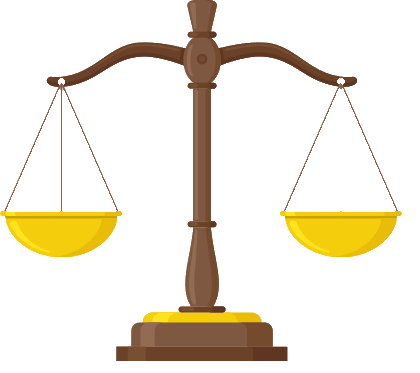
Legal framework.
Radio spectrum and its use are governed in New Zealand by the Radiocommunications Act 1989 and regulated by the Radiocommunications Regulations 2001.
The government department that administers these rules is the Ministry of Business, Innovation and Employment (MBIE). Radio Spectrum Management (RSM) is the division of MBIE responsible for managing the radio spectrum, including policy and planning processes, administration of the national Register of Radio Frequencies, licensing, compliance and enforcement, and radio frequency interference (RFI) investigation.
RSM grants the General User Radio Licence for Amateur Radio Operators (GURL), to all New Zealanders under Regulation 9 of the Radiocommunications Regulations and Section 116(1)(b) of the Radiocommunications Act. The GURL defines the amateur frequencies and conditions of use. Regulation 6(3)(b) of the Radiocommunications Regulations prohibits transmission on those frequencies unless those conditions are met.
The GURL restricts use to operators holding a Certificate of Competency. For amateur radio, that certificate is called a New Zealand General Amateur Operator’s Certificate (GAOC).
After passing an approved exam, the scope of which is defined in Schedule 4, Clause 4(2) of the Radiocommunications Regulations, your examiner will arrange the issue of your GAOC and New Zealand callsign.
The certificate and callsign are recorded in The Register of Radio Frequencies. RSM maintains this register as required by Part 1, Section 5 of the Radiocommunications Act. The register is publicly accessible, online, and Part3, Section 28(1) of the Radiocommunications Act requires that anybody can search it.
New Zealand has reciprocal agreement with European Conference of Postal and Telecommunications Administrations (CEPT), who recognise the GAOC as equivalent to a their Harmonised Amateur Radio Examination Certificate (HAREC). Similar agreements are in place with Australia and Japan. Your GAOC is a formal qualification recognized by many countries.